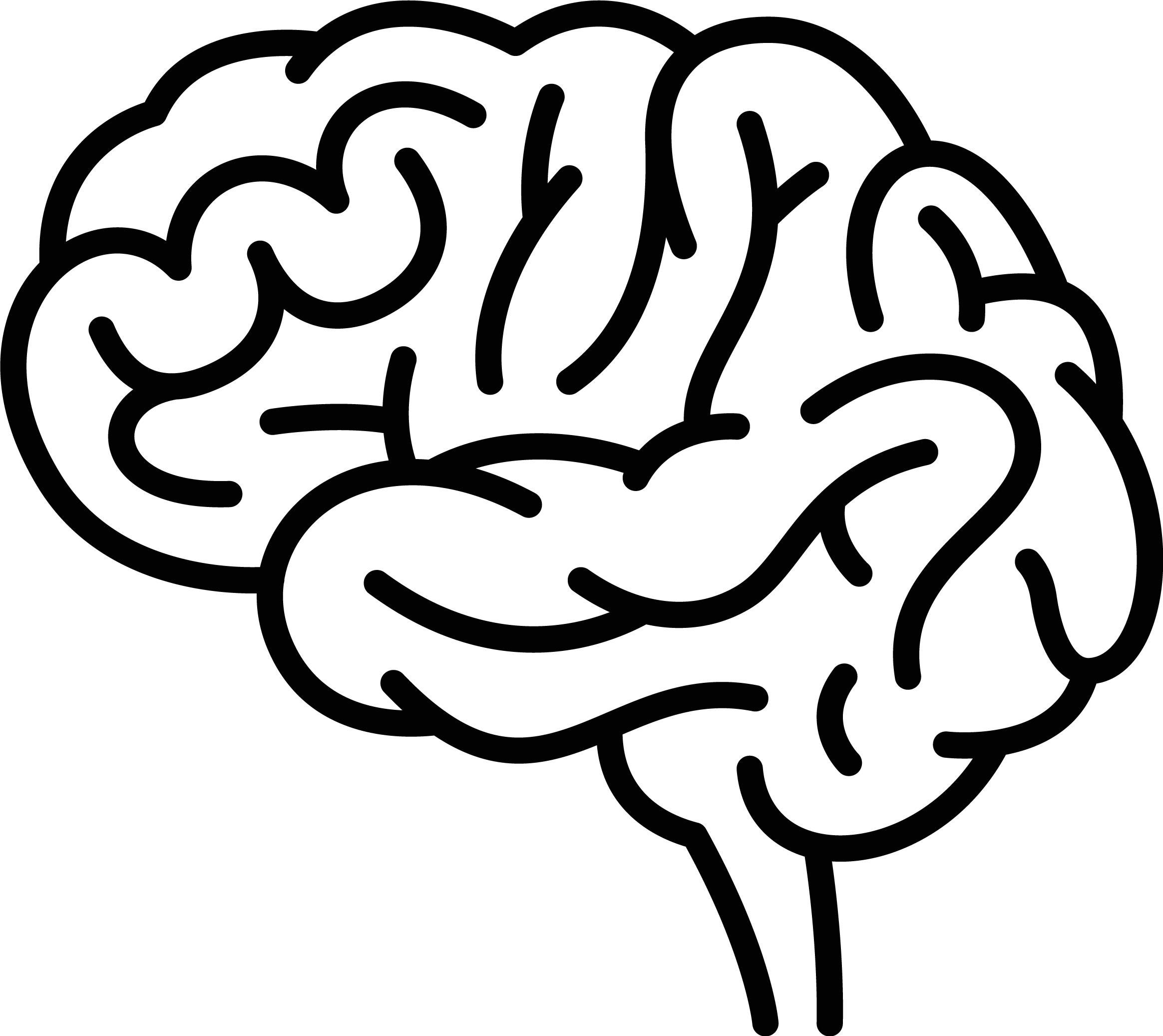Neurocognitive Remediation
One of the main components of neurocognitive rehabilitation is the use of a computerized cognitive training program (CCTP), which is closely intertwined with neuropsychological evaluations, psychotherapy and multidisciplinary team (MDT) assessments. MDT closely monitors patient’s progress, evaluates, and outlines a plan for comprehensive and holistic treatment.
CCTP is based on the concept of neuroplasticity, which means that the brain has the capacity to regenerate and adjust to injury, disease, or other debilitating processes by developing compensatory neuronal pathways. CCTP compensates for the lost or diminished functioning in the damaged brain regions or pathways and the brain’s cognitive abilities are boosted by repetitively performing computer based challenging tasks. These reinforcement rehabilitation regiments have been also reported to produce positive effects on performance and motivation. Even more promising, CCTPs were also shown to improve cognitive functioning in an individual’s daily life.
Cognitive rehabilitation interventions are based and empirically validated treatments designed to ameliorate the cognitive, behavioral, and emotional impairments that individuals may have after, for example, traumatic brain injury (TBI). Cognitive rehabilitation can play many roles in facilitating recovery after TBI, such as improving impaired cognitive functions, increasing awareness of injury-related deficits, improving mood, facilitating vocational and community involvement, and reducing the probability of secondary disability.
Dr. Lang is a well regarded consultant in cognitive rehabilitation whose treatments have benefited many patients and improved their cognitive functioning in daily life.

